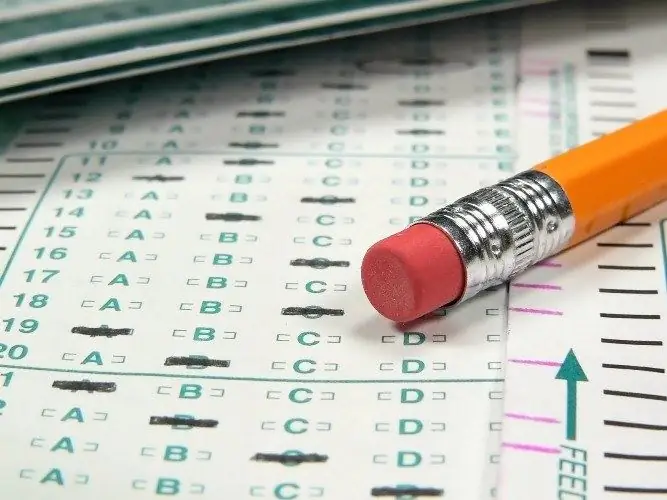A person can live a truly full and fulfilling life if he is able to realize his abilities and talents. It is very important to identify your strengths as early as possible so as not to waste time looking for a sphere of application of your gifts. Introspection and counseling from a psychologist can help with this.

Necessary
- - paper;
- - fountain pen;
- - introspection data;
- - psychological tests to identify abilities;
- - consultation of a psychologist.
Instructions
Step 1
Conduct a detailed analysis of your personality. To do this, it is best to stock up on sheets of paper and a fountain pen. Think about your interests from early childhood and schooling. Perhaps you were interested in knowledge about nature and its laws. Or you have experienced the joy of sports and physical education. Some already in childhood achieve success in creativity - drawing, dancing or music. By identifying your early preferences, you can narrow down your search.
Step 2
Rate your success in school. What lessons have been easiest for you? Best of all, a person assimilates the content of those objects for which they have a pronounced interest and potential abilities. Very often, a love for literature, physics, chemistry or foreign languages instilled in school becomes the main factor in choosing a field of future activity.
Step 3
Don't be discouraged if you can't boast of academic achievement. It happened that a person who had no inclination for the exact or humanities received excellent marks in physical education and subsequently became a famous athlete. Sometimes schoolchildren are very successful in performing those types of educational activities that involve working with their hands. In this case, it can be assumed that they have aptitude for technique or handicraft.
Step 4
Think about the things you've done before. Something must have been given to you with difficulty and required a lot of effort. You performed other actions easily and effortlessly. A very important indicator of the availability of abilities is the success of the activity, its effectiveness and productivity, when compared with the results of other people. Internal satisfaction from the work process is also important for the diagnosis of abilities.
Step 5
Ask people who know you well for their opinions on your abilities. An outside perspective in many cases can be more objective than the results of introspection. Parents or friends usually know very well what field of work you are a real expert in. Very often it turns out that the opinions of the people who matter to you do not coincide with your own assessments. Feedback helps you get to know your strengths and weaknesses better.
Step 6
Get the advice of a professional psychologist. In practical psychology, a rich arsenal of methods and tests has been accumulated that will help to accurately determine your key abilities and aptitude for a particular type of activity. As an example, we can cite the methodology for the diagnosis of abilities and professional inclinations, which was developed by E. Klimov. Subjective preferences are not accurate, but the results of a professional test will adequately reflect your talents. The psychologist can also outline a program for you to develop those abilities that are in their infancy.







